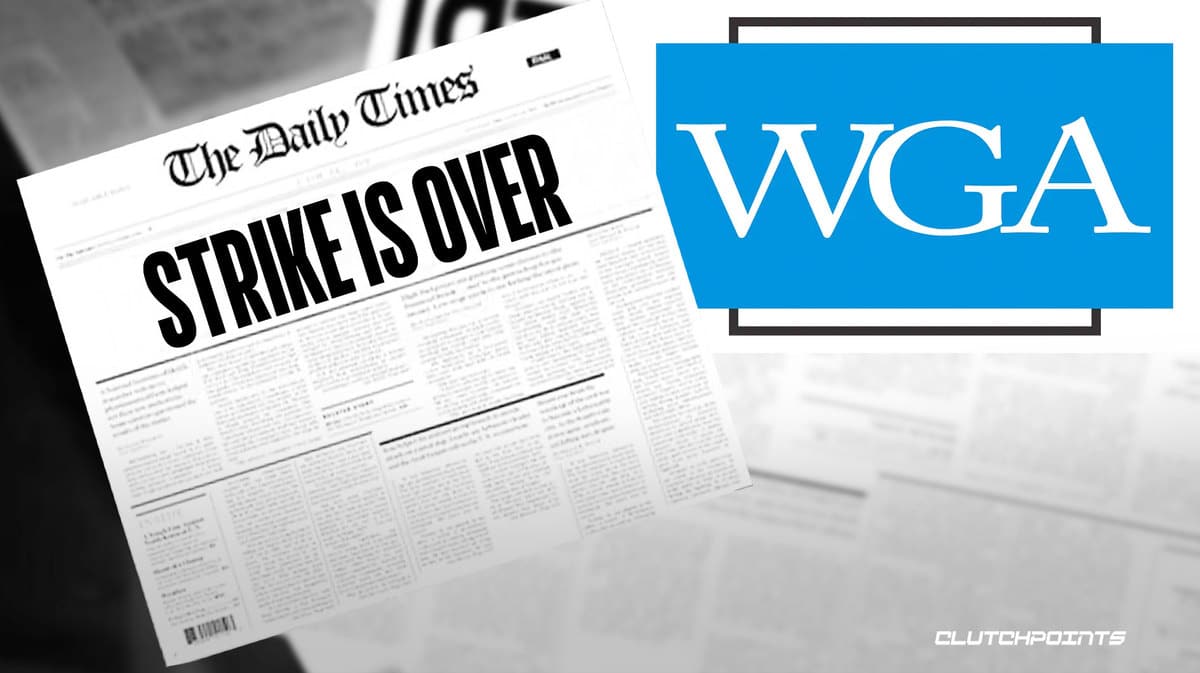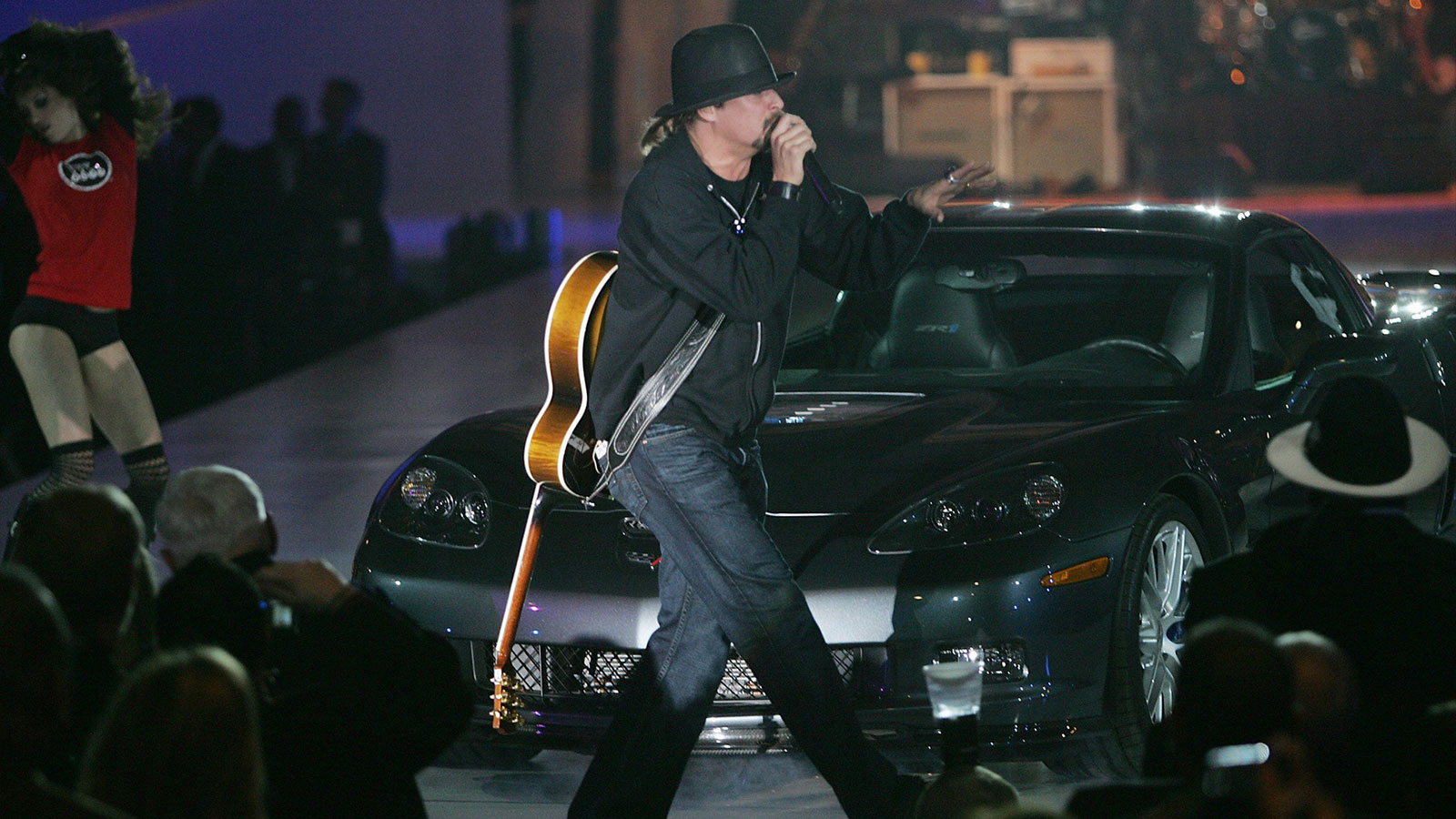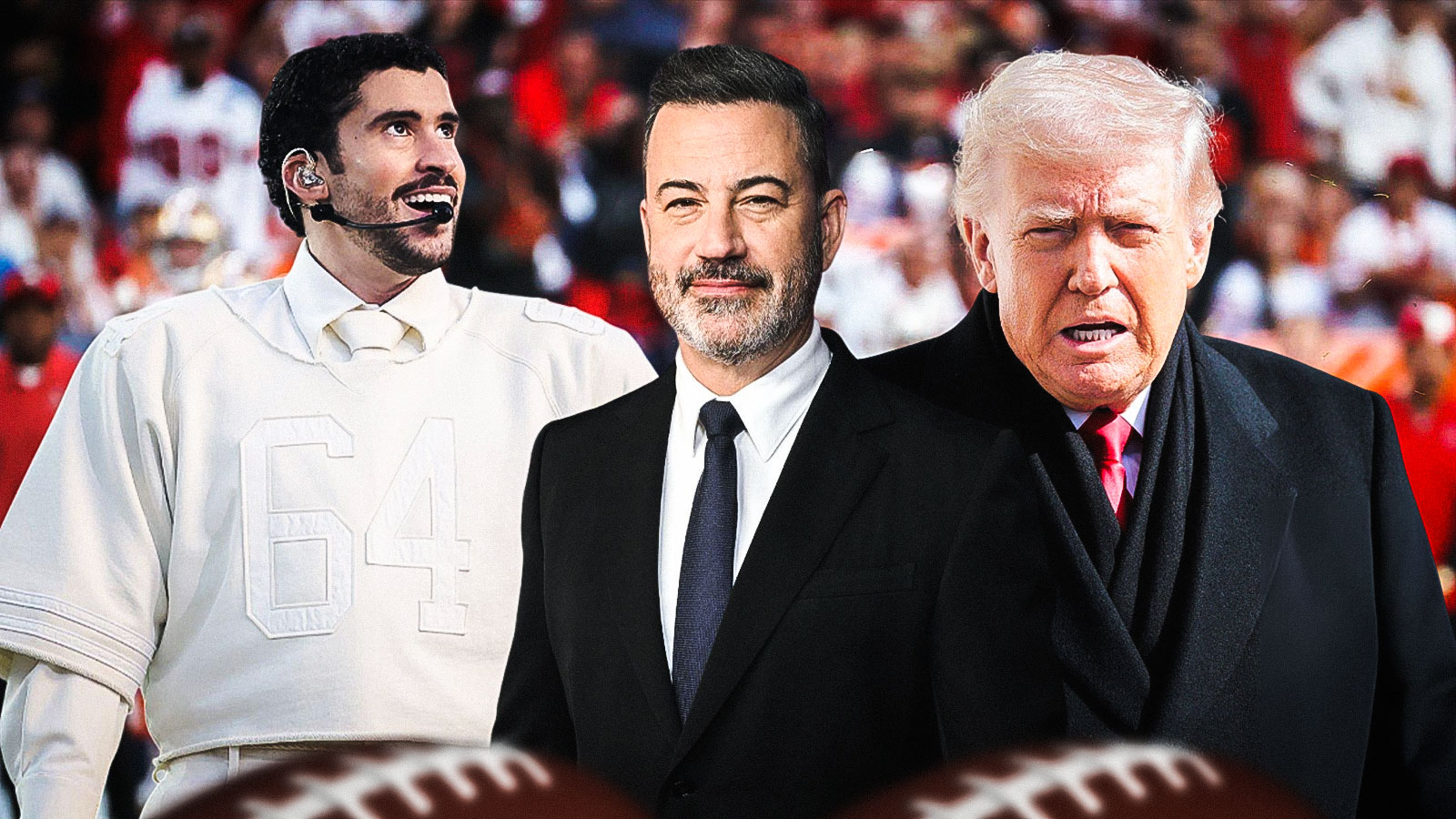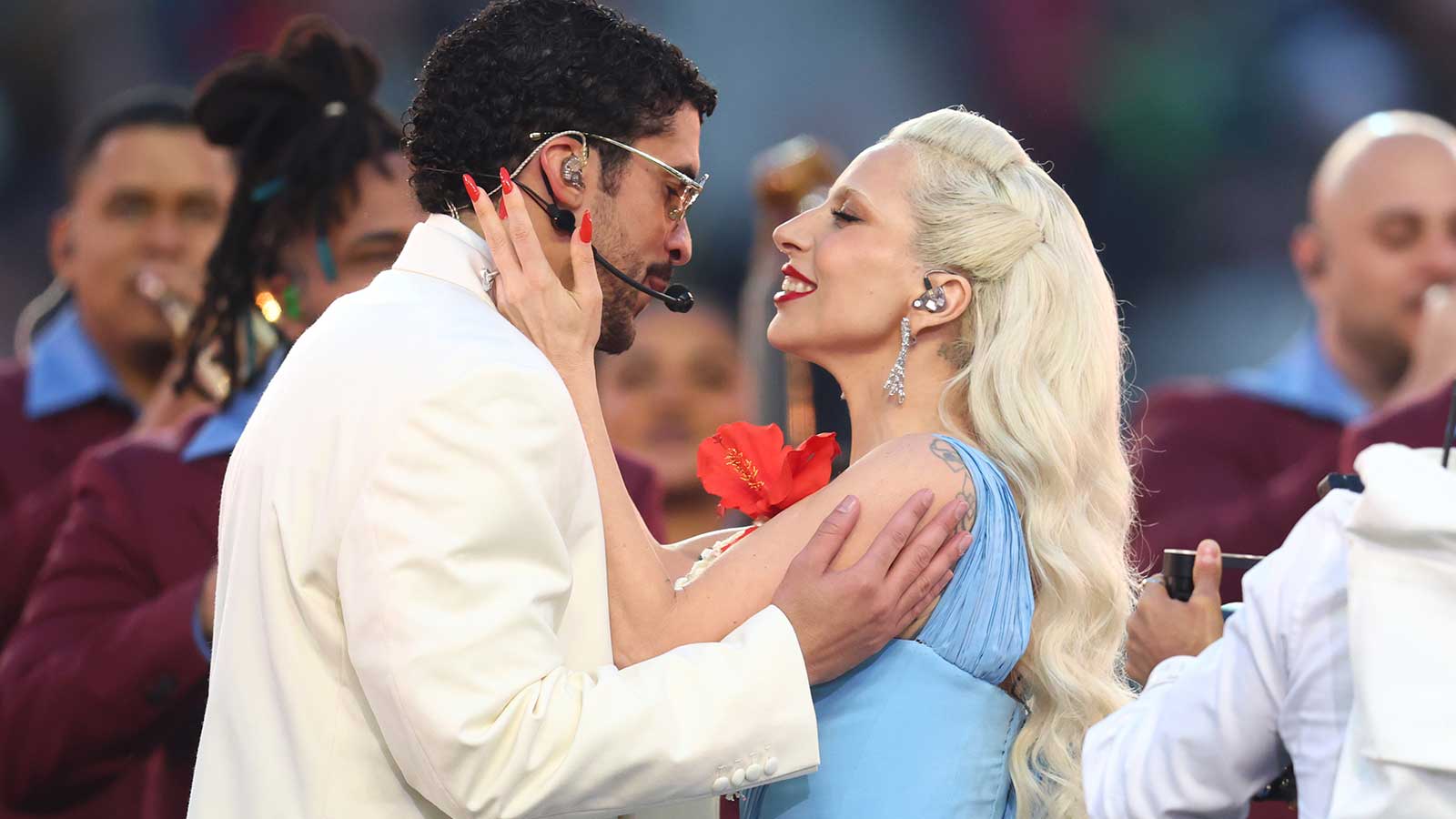The Writers Guild of America (WGA) has overwhelmingly voted to ratify the new contract reached with the Association of Motion Picture and Television Producers (AMTP), finally ending one of the longest labor strikes in the history of Hollywood, Variety reported.
The WGA voted 99%, or 8,435 ‘yes' votes, to ratify the deal, versus 90 ‘no' votes.
Meredith Stiehm, WGA West's president, released a statement, thanking leadership and WGA staff for their work in delivering the contract.
“Through solidarity and determination, we have ratified a contract with meaningful gains and protections for writers in every sector of our combined membership,” Stiehm said.
The AMPTP, representing the studios, also released a brief statement congratulating the WGA on the newly ratified contract.
“It is important progress for our industry that writers are back to work,” the statement read.
The writers' strike ended on Sept. 27, after the WGA West and East boards voted to present the tentative agreement reached with the studios to its members. The voting period was on Oct. 2 and closed on Monday.
While the writers ratifying their new contract is a much needed step for the industry to be back in operation again, production won't be able to begin until the AMTP reaches a deal with SAG-AFTRA. The actors' union, with 160,000 members on strike since July 14, will continue negotiating this week. The AMPTP and SAG-AFTRA are still trying to reach an agreement regarding minimum rate increases, streaming revenue share proposals, and others.
While one deal has been made, WGA East president Lisa Takeuchi Cullen knows there is still work to be done.
“Until the studios make a deal that addresses the needs of performers, WGA members will be on the picket lines, walking side-by-side with SAG-AFTRA in solidarity,” Cullen said.
The recently approved WGA contract, or the MBA (minimum basic agreement) 2023 makes provisions for a new minimum wage category for writer-producers, 9.5% higher than story editors'. It also ensures 5%, 4% and 3.5% increases for most minimums, spread over a three-year-contract.
One of the most contested issues in the strike is the involvement of artificial intelligence. The contract has created a framework for writers to use AI, but will not undermine credit or how they will be paid.
While this can be seen as a win, the writers were unable to secure one of their key demands: to stop studios from training AI using screenwriters' work. The WGA and the AMPTP have essentially agreed to disagree on this point. When issues concerning this come up in the future, they may have to settled through the courts.
The 148-day WGA strike ranks as the third longest in the guild's history, which was established in 1933. Most of the demands from these strikes are similar. One key complaint all these years have been compensation, benefits and residuals. Arguably one of the most important turning points was the 1981 strike when writers wanted a share of the fast-growing home video and pay-TV markets.
In the present, that would equate the writers wanting a share of the streaming revenue, which they got through remaining “WGA Strong.”
“Together we were able to accomplish what many said was impossible only six months ago,” Stiehm said.
The newly approved WGA contract is from Sept. 25, 2023 to May 1, 2026.



















